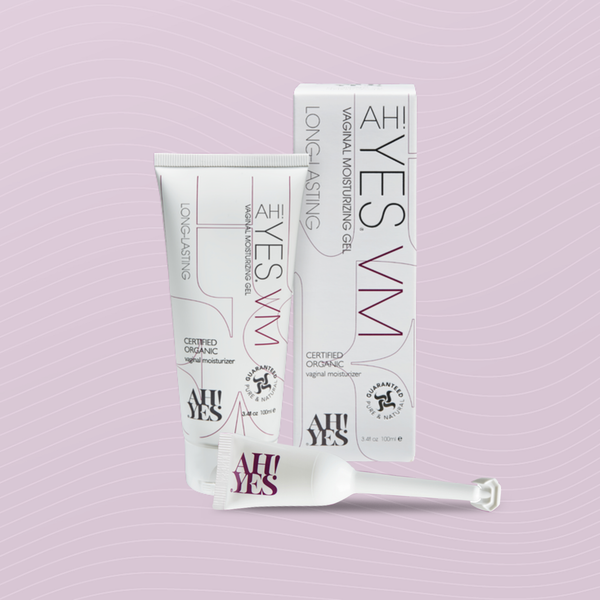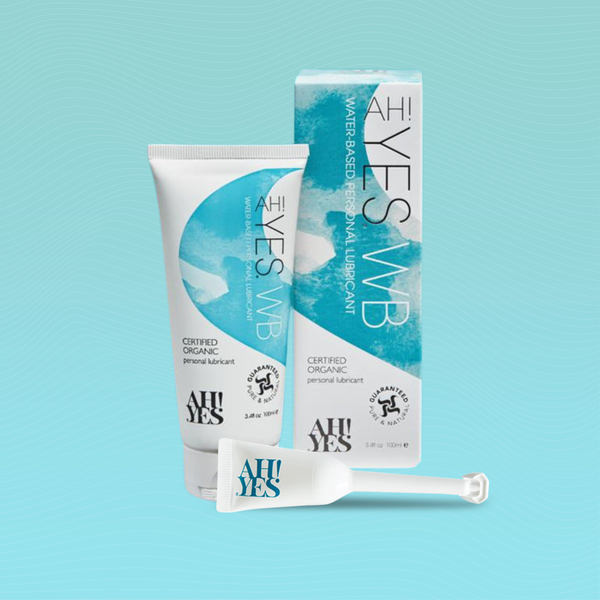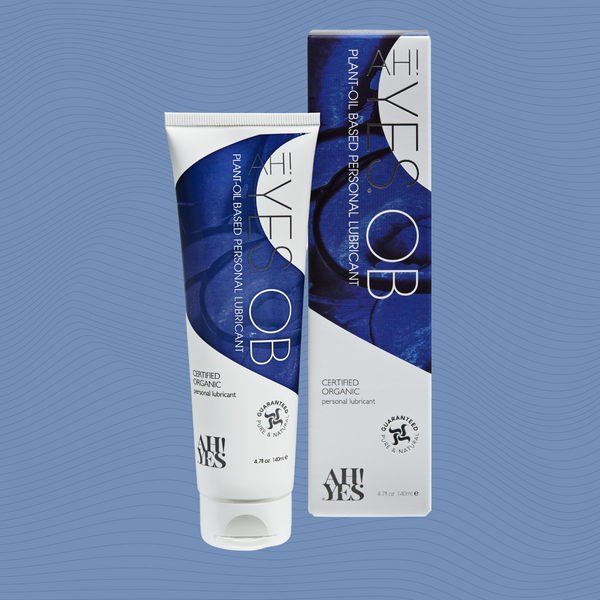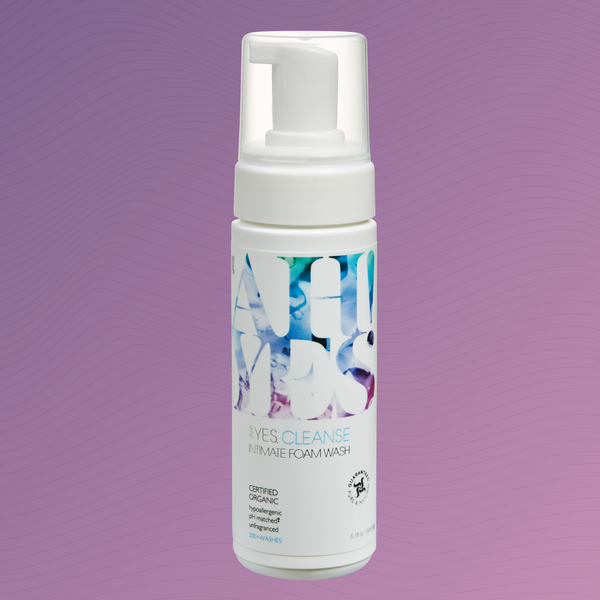Does pubic hair stop growing after menopause?
The menopause is a natural process resulting in the end of the menstrual cycle[1], caused by a change in the balance of the body’s sex hormones as we age[2].
Usually starting between the ages of 45 and 55, the menopause occurs when a woman hasn’t menstruated in 12 consecutive months and can no longer become pregnant naturally[3].
It is a time of extreme hormonal changes, and most women will experience menopausal symptoms, including:
- Hot flushes
- Night sweats
- Vaginal dryness
- Low mood
- Reduced libido
- Problems with memory and concentration[4]
But there are numerous other symptoms that are discussed less often, including changes to pubic hair.

Does pubic hair stop growing after menopause?
Many people find that when they enter the menopause the hair on their head starts to thin. And it is equally as common to lose pubic hair too, as well as hair on the legs, arms, and elsewhere on the body. This is predominantly due to hormonal changes.
Menopausal hair loss, including the loss and thinning of pubic hair, is directly related to the decreased production of estrogen and progesterone[5], which causes an increase in the activity of male hormones called androgens. These androgens cause the hair follicles to shrink, leading to hair loss and thinning[6].
According to research, pubic hair usually grows at a steady pace of 0.5 millimeters per day, but as hormones change during the menopause, it starts to slow and thin out[7].
Can you regrow pubic hair after menopause?
Pubic hair and hair on the body doesn’t usually grow back after the menopause, this is due to levels of estrogen and progesterone remaining low as we continue to age.
Not everyone will lose their pubic hair. If you keep your pubic and body hair after the menopause, it will likely turn gray, just like the hair on your head. And you may also notice more hair growing in other areas, such as the chin and face.
Taking steps such as ensuring you are hydrated, eating a well-balanced diet, reducing stress, and incorporating plenty of movement into your daily life can help minimize the effects of menopausal hair loss[8].
And remember, although hair loss, including pubic hair loss, is a common symptom of the menopause, but it can also be a sign of other conditions. If you are concerned, you should always consult your doctor or a medical professional.
Ease vaginal dryness with lube
Why not try and ease vaginal dryness by trying lube? If you take one thing away, just remember to make sure that when using a lube, you consider the options and find the best one for you. Shop AH! YES lubricants here.
References:
- https://www.mayoclinic.org/diseases-conditions/menopause/symptoms-causes/syc-20353397
- https://www.nhs.uk/conditions/menopause/
- https://www.healthline.com/health/menopause#timeline
- https://www.nhs.uk/conditions/menopause/
- https://flo.health/menstrual-cycle/menopause/changes/menopausal-hair-loss
- https://flo.health/menstrual-cycle/menopause/changes/menopausal-hair-loss
- https://www.health.com/condition/sexual-health/pubic-hair-facts
- https://www.healthline.com/health/menopause/hair-loss#6.-Talk-to-Your-Doctor-About-Your-Medications
Empower yourself
Read more about the changes your body goes through during peri menopause and post menopause.










